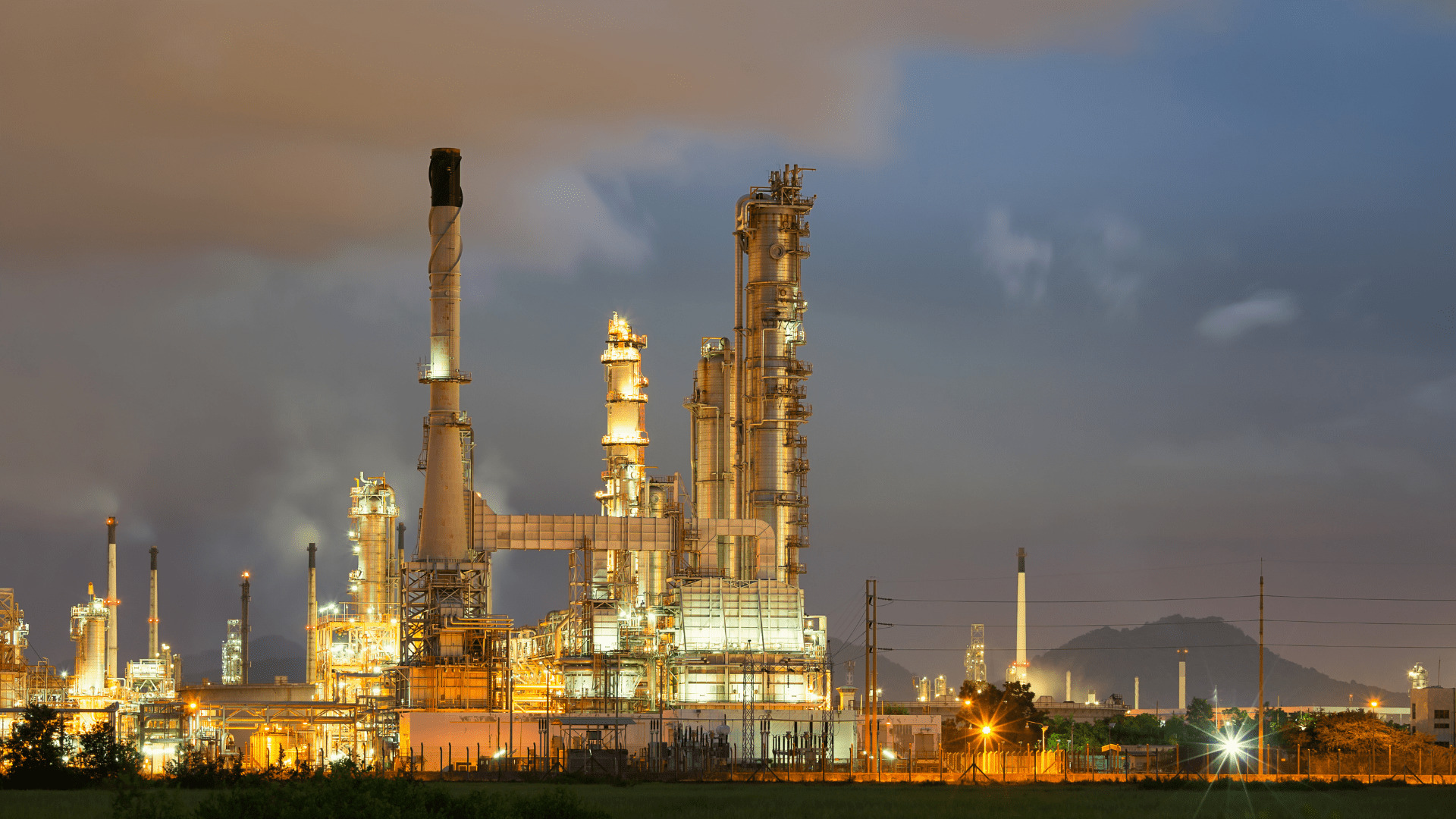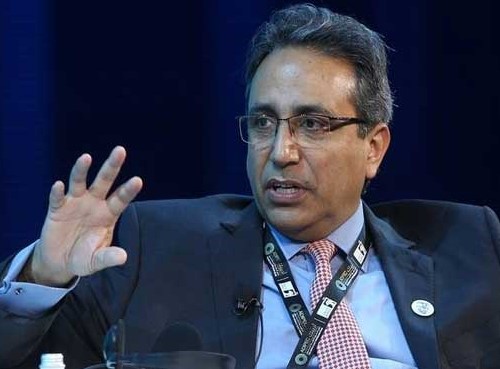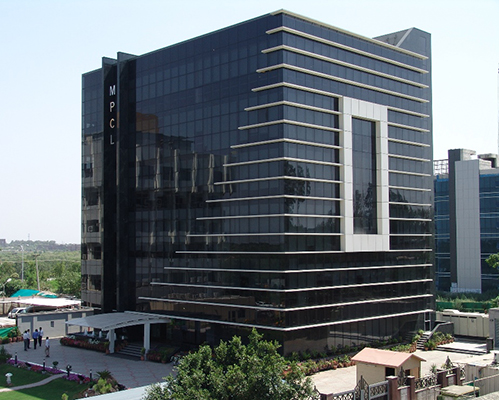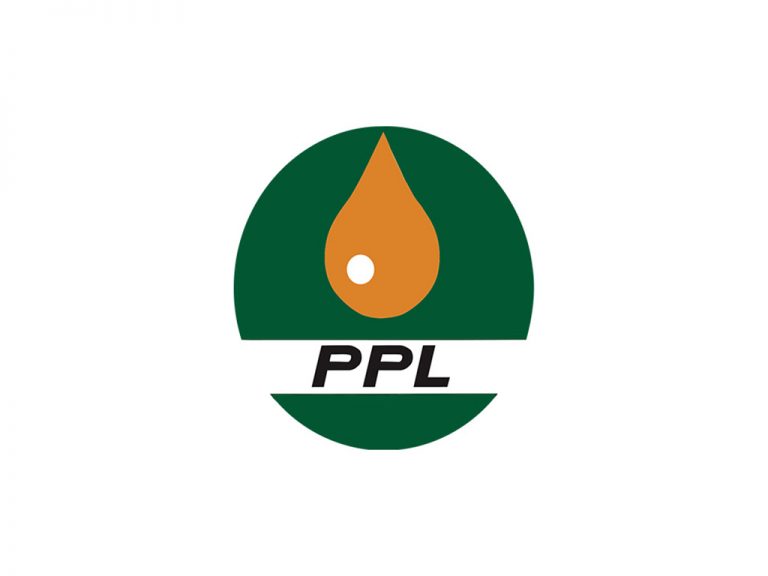IMF condition: Tarin refuses to withdraw GST on oil refineries
Aftab Ahmed
Islamabad: Finance Minister Shaukat Tarin has conveyed to oil refineries that the imposition of a general sales tax (GST) on crude oil will continue for one year to meet the conditions of the International Monetary Fund (IMF).
The chief executive officers (CEOs) of oil refineries met Finance Minister Shaukat Tarin on Tuesday to discuss the draft of the oil refinery policy.
Tarin said that the General Sales Tax (GST) on crude oil would continue in line with conditions of the International Monetary Fund (IMF). However, the government will abolish it after one year.
The government will consider 50% GST at the import stage and balance 50% on recovery on products. Finance Minister suggested it during a meeting and the government is likely to approve it. However, Tabish Gauhar SAPM had assured oil refineries representatives that he would seek approval from the Anomaly Committee in the next meeting.
Earlier, the petroleum division has assured oil refineries to approach Finance Division, recommending to withdraw General Sales Tax (GST) on import of crude oil.
Oil refineries chief executive officers (CEOs) had called for withdrawing General Sales Tax (GST) on importing crude oil imports in budget 2021-22, saying it will cause cash flow problems for oil refineries of Pakistan.
The imposition of general sales tax (GST) on Crude Imports will not result in any additional revenue for the Federal Board of Revenue (FBR) but it will create cash flow problems for the oil refineries of Pakistan.
More Read: 10% incentives offered for petroleum refineries in budget
Oil Refineries will pay GST at the import stage in Pakistan (INPUT TAX), but the government will offset GST they collected from sales (OUTPUT TAX) during the same month- thus, no additional revenue will arise.
Crude Oil importing refineries will pay GST at the import stage (Input Tax), which will be offset by GST collected from Sales of products (Output Tax), but it will create time lag due to time lag cash-flow problems for the refineries.
Refineries that Export Naphtha and possibly Furnace Oil will face GST refund issues on exports, resulting in severe liquidity challenges due to delays in refunds. Refund processing is a cumbersome exercise that increases the cost of doing business unnecessarily.
Valuation issues at the Customs level will create problems for refineries relating to valuation reconciliation, leading to disputes and unnecessary Appellate proceedings.
This levying GST will also adversely affect the efforts of the GOP to improve ‘ease of doing business in the country.
The federal government has raised the rate of general sale tax (GST) on crude oil import by 17 percent to accelerate the exploration activities to maximize indigenous production of oil Oil and natural gas.
In federal budget 2021-22, the government levied a 17 percent sales tax on crude Oil by withdrawing zero-rating. This levy will generate Rs38 billion for the government.
A crude oil importer told that the government had imposed a sale tax on the import of oil so that oil marketing companies (OMCs) would timely lift crude Oil from local refineries of Pakistan.
The damage may be caused by not lifting crude Oil from local fields, and this could affect the supply of other products of gas and LPG that are extracted from these wells as well, he added.
An official of the Petroleum Division said that the tax imposed to attract foreign investment to accelerate the exploration activities to maximize indigenous production of oil and gas.
Read More: Pakistan presses Saudi Arabia to renew Refinery plan
OMCs imported petroleum products in enormous quantities and did not lift much Oil from local refineries. For the past month, stocks are building up at the refineries, which may lead to the closure of refining plants.
Under the head of the petroleum group, the import bill of crude oil was down by $166 million during the first nine months (July-March) financial year 2020-21 to $3.31 billion against $3.47 billion of the same period last year.
At present, the government charges 17 percent GST on every liter of petrol, high-speed diesel (HSD), a significant source of revenue in petroleum group.
In March 2020, though the government canceled imports of some petroleum products, local oil refineries still faced terrible times due to higher imports and low demand for petroleum products in the wake of the coronavirus pandemic.
The government had to defer oil imports, except for Pakistan State Oil (PSO), whose contracts were in the pipeline, so that OMCs could lift petroleum products from the local refineries.
2.5% Custom Duty to continue
The government had also announced in budget 2022 to impose a 2.5 percent customs duty on the import of crude oil. Refineries had demanded to treat at par with other industries that were paying zero GST on raw material. They said that crude oil as raw material and therefore demanded to withdraw it. However, the energy minister turned down this demand and said that it would continue for at least one year.








